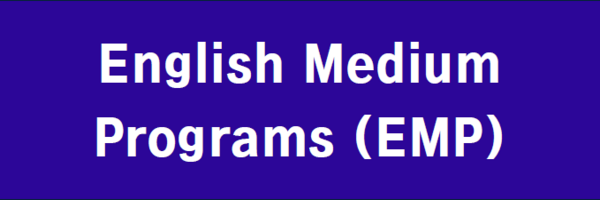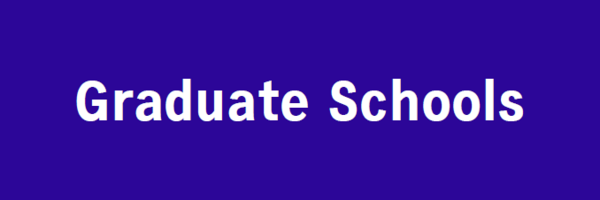News
Photo Gallery




































SODAI Days
Faculty
Faculty
Faculty
Faculty
Faculty
Faculty
Faculty
Faculty
Faculty
Faculty
Deepen Your Learning through Eight Faculties

Faculty of Economics
Faculty of Business Administration
Faculty of Law
Faculty of Letters
Faculty of Education
Faculty of Science and Technology
Faculty of Nursing
Faculty of International Liberal Arts












































